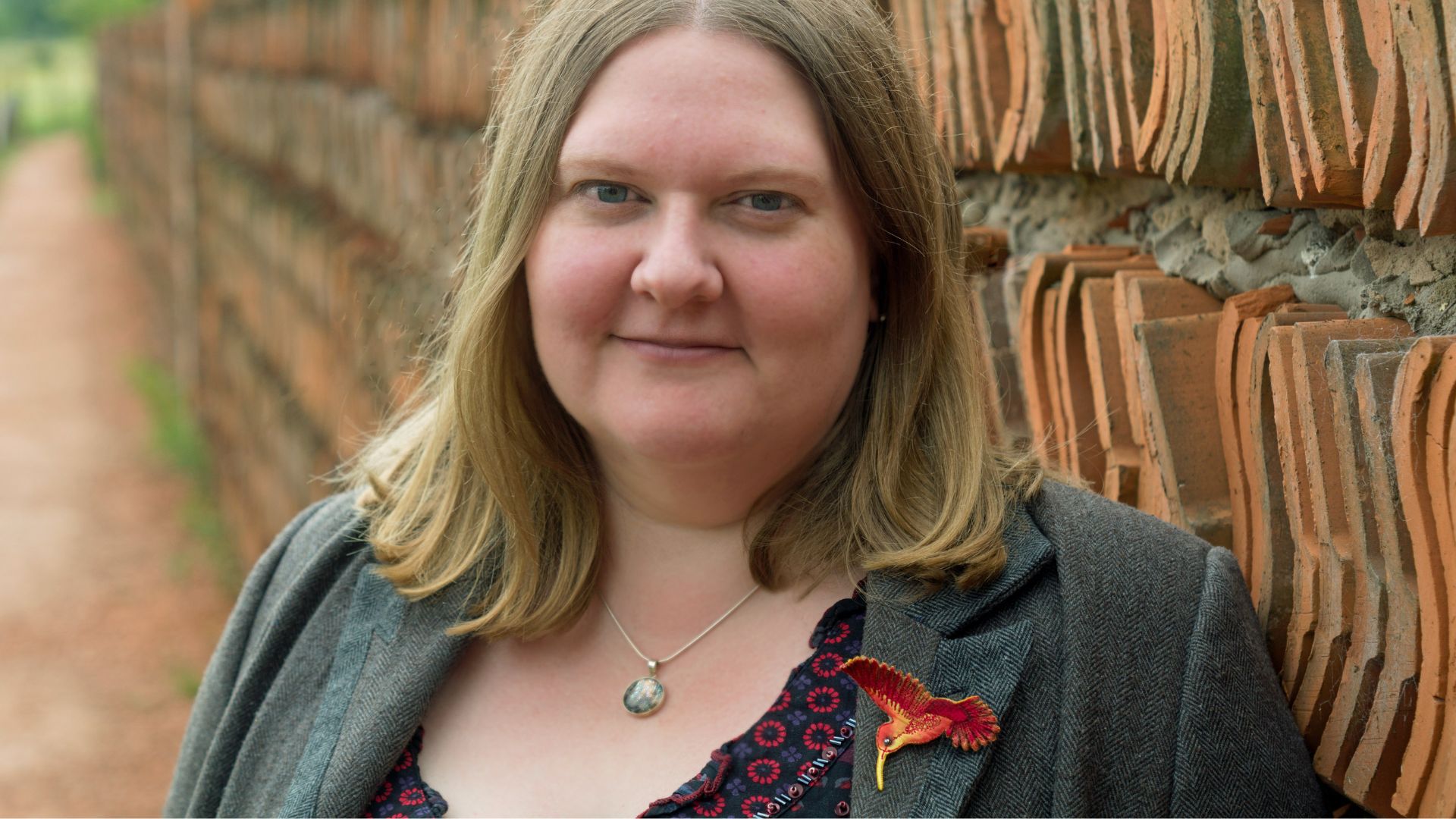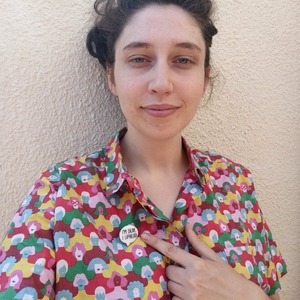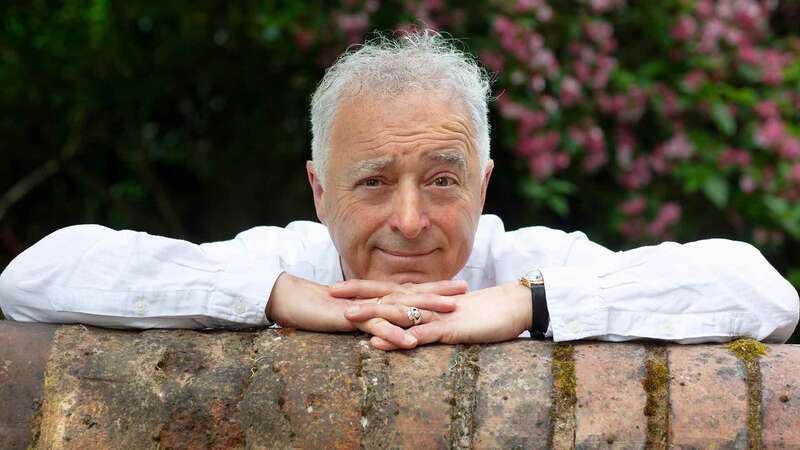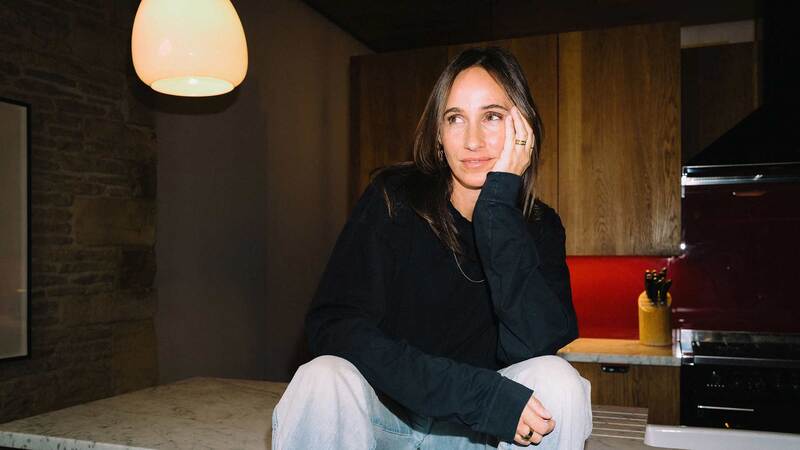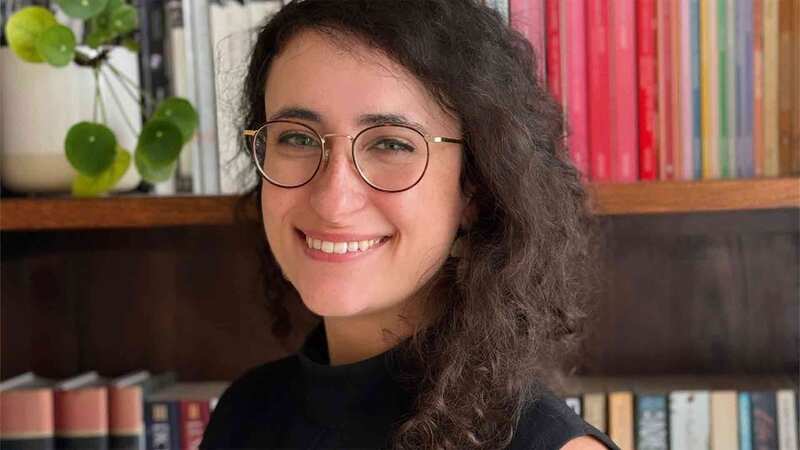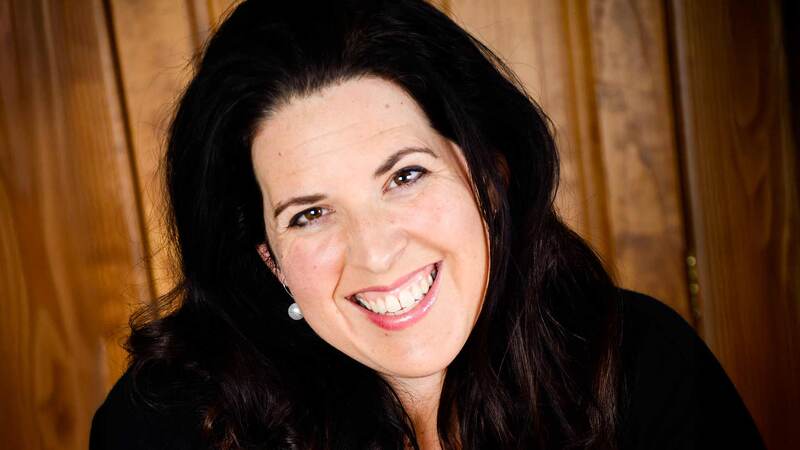You are viewing your 1 free article this month. Login to read more articles.
Nell Pattison in conversation about how publishing needs to change to be accessible to all
Bestselling author Nell Pattison discusses her experiences as a disabled writer and how the industry can be more inclusive.
"We need people at the top,” says Nell Pattison, USA Today-bestselling author of Hide and new release Friends Don’t Lie, speaking on the importance of disability representation in publishing.
She continues: “Changes are coming from people further down. There’s the irony that the people who are having to do all the work are the ones with the disability who don’t necessarily have the energy. As a big company, if you need advice, then pay people to do it. Don’t expect people to do it for free. It goes for any minority writer or book industry professional.”
This is particularly important in light of the disability employment gap. Disabled people are often un- or underemployed: 52.7% of disabled adults were employed in 2021 compared to 75.5% of the general population. Pattinson was a teacher at deaf schools for most of her career, and later lost her own hearing. She says systemic issues like this are uniquely heightened in the UK book industry: “Publishing does feel very inaccessible at times because it’s very privileged, white, very London-focused.”
If somebody is deaf or disabled and has concerns that it will hold you back, don’t try to hide your access need
According to the British Deaf Association, there are only 87,000 British Sign Language first-language users and Pattison says the “low incidence in terms of population size means it gets missed out”. While BSL interpreters should be guaranteed by the Access to Work support scheme, in Pattison’s experience “it takes so long to process the funding that by the time it gets to the council it goes into the ‘bad debt’ department. When funding doesn’t materialise, employers are left paying out of pocket.”
Pattison acknowledges “for some businesses or organisations, the issue will simply be the cost. They can’t afford an interpreter. That’s not an excuse, but it is a barrier.”
There are ways to mitigate this. The Royal National Institute for Deaf People has a campaign, Louder than Words, which liaises with employers and Access to Work to expedite the process. Publishers can do it, Pattison can testify: “I did an interview with Lara Steward, who is the other audio narrator for my Paige [Northwood] series. We had a BSL interpreter with her, and my publisher set that up.”
Her experience disclosing access needs has generally been positive, perhaps because representation of disabled people in the publishing industry has increased from 2% in 2017 to 8% in 2020, according to the Publishers Association’s 2020 diversity survey. She encourages others to be open: “If somebody is deaf or disabled and has concerns that it will hold you back, don’t try to hide your access needs. Anybody who doesn’t want to work with you as a result of that isn’t worth working with. I can’t imagine any of the editors or agents I’ve met not meeting someone’s access needs if they put them up front.”
Of course, this puts the onus on the disabled person: “I think sometimes it’s the lack of understanding that means those access needs aren’t offered in the first place.” Pattison advises that “if you have an agent who is aware of your access needs, they can be the ones advocating for that. Your agent is there to negotiate contracts, but they are also there to act as a supporter. If they’re not, then that’s not the agent for you.”
It’s like I’m invisible! I was standing there using crutches. The idea of having to prove to somebody that you are disabled, is just…
The rise in video conferencing has made things more accessible, she says. “There’s a push for festivals to maintain a hybrid programme. St Hilda’s crime fiction weekend in Oxford is saying it will be fully hybrid—it’s been a lot of work and, yes, it’s been expensive. Those are the two things making it more difficult for festivals, but if they can do it for two years, they can do it again.
“There was a festival this year saying, ‘We’re proud to announce a fully in-person festival this year’... I felt, that’s not something you should be proud of.”
This is particularly important, as Pattison has faced access barriers at festivals. “I was at a well-known crime-writing festival. Sometimes I walk with crutches because I have EDS [Ehlers-Danlos Syndrome] and can’t stand for long periods. I asked if I could have the queue-jump pass; they said, ‘You need to have proof of benefits.’ Yes, I’m disabled, but I don’t claim any benefits. I don’t have a blue badge. But their paperwork had to tick these boxes to get a pass. It’s like I’m invisible! I was standing there using crutches. The idea of having to prove to somebody that you are disabled, is just…”
Proving you’re disabled is a hot topic, and one that has caused controversy recently, but Pattison is optimistic it will soon be a thing of the past. “The Society of Authors have just launched the ADCI prize. The author has to identify as having a disability or chronic illness and they have to write a character who also has a disability or chronic illness. I’m entering two of my books! Or rather, my publishers are. That is such a positive move.”
There was backlash on Twitter against how the announcement was worded, as “it said it was for authors who identify as having a disability, and people went, ‘So you don’t actually have to have a disability, you can just claim you do’. Well, you know what, if you’re pretending to be disabled you probably haven’t written a very good character, so I doubt you’re going to win! The idea that we’re all kept on a register... this isn’t an Orwell novel.”
She is still hopeful about the future of disability in publishing, and doesn’t “think that anyone else has pigeonholed me into writing about the deaf community. I enjoy doing it. I also have hypermobile Ehlers-Danlos Syndrome, so at some point I’m going to write a character with EDS.”
On the importance of building community, Pattison says fellow writer Penny Batchelor introduced her to the Disabled Artists Networking Community (DANC) and she knows the group is there if she needs it. However, she’s trying to build her own connections and advocacy too: “I’m doing an event at Waterstones Doncaster in October. I emailed Penny and said, ‘Wouldn’t it be good if we did a disability in crime fiction event somewhere?’ We are both disabled writers who write disabled characters but from a very different viewpoint. I thought it was a good angle to show that there is so much variety out there—and this is just two of us!”





